A Cup of Tea for Better Bone, Gut, Brain, and Heart Health
In our research in cancer, immunology, inflammatory and lifestyle diseases, we constantly learn how the simplest foods (that have existed for decades) benefit our health. Today we want to speak to you about one such beverage.
This simple beverage improves your bone density, cognitive function, and gut health and lowers inflammation at a deep cellular level in your body. Scientific studies also show how a single cup can boost your heart health, help you manage your blood pressure, and even stabilize blood sugar levels. Have you guessed it already? Yes, we are speaking about a magical cup of tea.
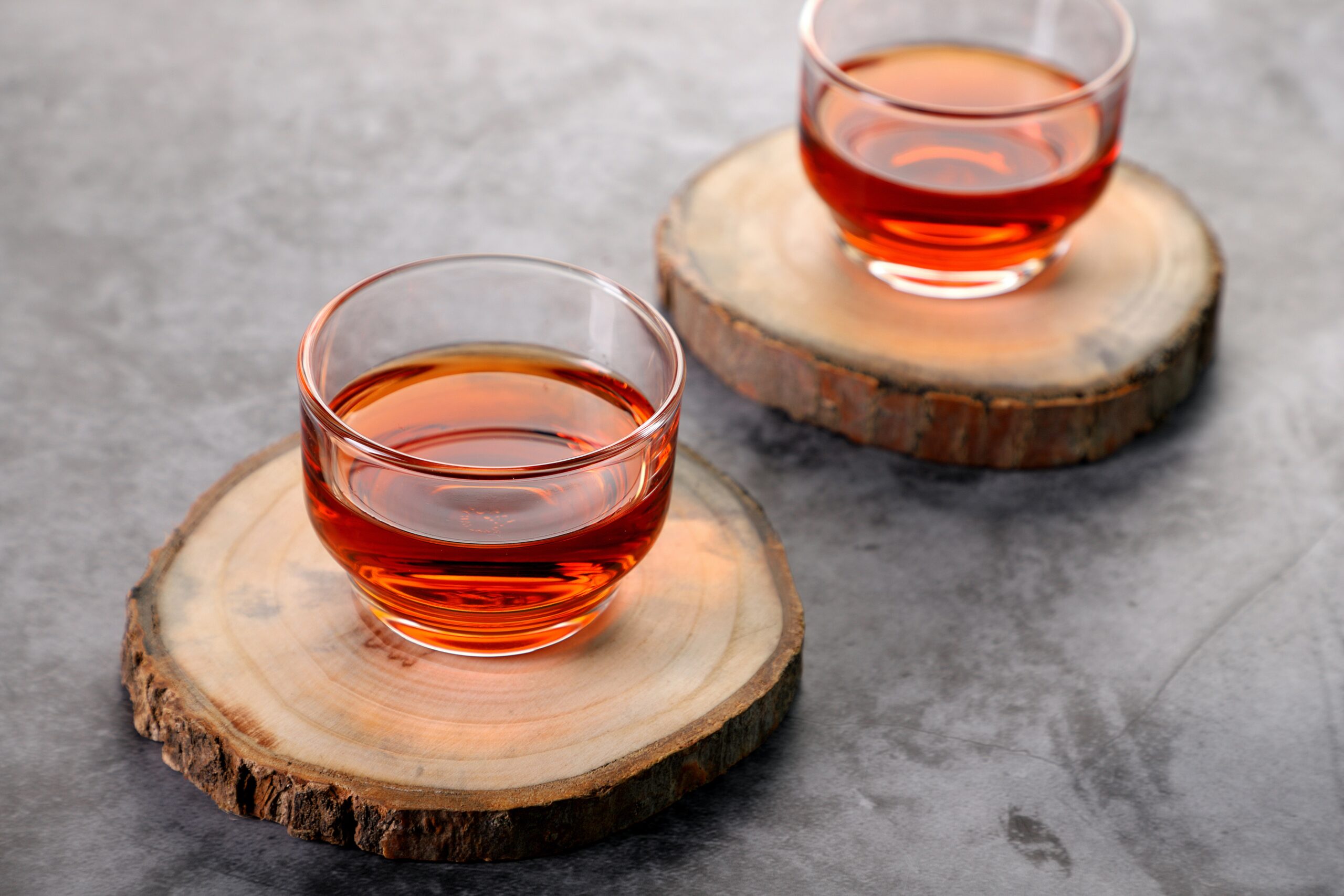 Do you like black tea? Photo Credits: Unsplash
Do you like black tea? Photo Credits: Unsplash
Now the tea that we are speaking about works better without milk. A cup of black, green, or even Oolong tea. But we want to reiterate that this super beverage cannot and will not work alone. You need to improve your nutrition, be consistent with your exercise, have deep quality sleep (every night or at least five out of seven nights), and maintain your emotional wellness. No superfood on this planet, regardless of how great it sounds on google and research papers – works by itself. You need to pay attention to your overall lifestyle too.
How can black tea, green tea, or oolong tea benefit your health?
Bone health
While you may enjoy its calming effect, one of the most important benefits of black/green/Oolong tea is its impact on bone health. Today the cases of osteoporosis and osteopenia are on the rise. It is not only affecting people in their 60s and 70s but also young people in their 30s. These are characterized by a decrease in bone density due to demineralization of your bones because of improper nutrition and poor lifestyle.
Now black, green, and oolong tea is rich in polyphenols, flavonoids, and catechins. Studies suggest that these powerful compounds in black tea increase the mineralization of your bones. It improves bone density and reduces your risk of bone health conditions, injuries and fractures. You don’t just need Vitamin D3 for healthy bones. But also calcium, Vitamin k2, phosphorus, magnesium, and trace minerals like selenium, copper, boron, sulfur, etc.
Does this mean that if you have weak bones and drink tea excessively, you will have healthier bones magically? No. Moderation is key. Consuming anything excessively is bad for your health.
Gut health
Your gut has trillions of strains of bacteria – both good and bad. While you need them both, the real problem begins when your bad bacteria outnumber your good gut bacteria. Black tea supports the growth of good bacteria and kills the bad bacteria.
These days when you struggle with food poisoning, gastric issues, or have a stomach bug, your doctor may prescribe antibiotics. In the olden days, parents and grandparents would rely on the goodness of a cup of black tea while recovering from a stomach condition. It is also because science backs its antibacterial and antimicrobial properties.
Of course, if you are constantly acidic, sometimes the caffeine content in tea can make it worse. So, always make an informed decision. Do it only if it suits you. Your inability to digest tea could point out root cause issues that you need to address – in this case, it could be your gut health or maybe just caffeine sensitivity.
Cognitive health and brain function
The flavonoids and catechins found in green tea as well as black tea improve your brain function and cognitive health. Apart from caffeine, black tea also contains the amino acid – L-theanine. Science links it to boosting alpha activity in the brain, reducing brain fog, and improving focus, memory, and alertness. Studies recommend black tea as a preventive tool for degenerative neurological disorders like Alzheimer’s, dementia, and Parkinson’s. It works as a powerful beverage for patients going through these conditions to improve marginally.
Heart health
Black, green, and oolong tea are also rich in flavonoids which are excellent for your heart health. They help reduce bad cholesterol or low-density lipoprotein (LDL) and triglycerides. They also reduce inflammation, one of the leading causes of heart disease, strokes, cancer, diabetes, obesity, and other health and lifestyle conditions.
A study found that consuming black tea (without any additives) daily for 12 weeks helped reduce triglyceride values by 35.8%, blood sugar levels by 18%, and LDL and HDL plasma ratio by 17%.
Another study concluded that drinking black tea daily for 12 weeks, followed by a three-week wash-out (drinking the same amount of hot water), helped reduce high uric acid and C-reactive proteins (CRP) in those with increased risks of ischemic heart diseases. In ischemic heart conditions, your heart has restricted or reduced blood or oxygen flow.
ALSO READ: Why Are Young People Dying of Sudden Strokes and Heart Attacks?
The dos and don’ts of drinking tea
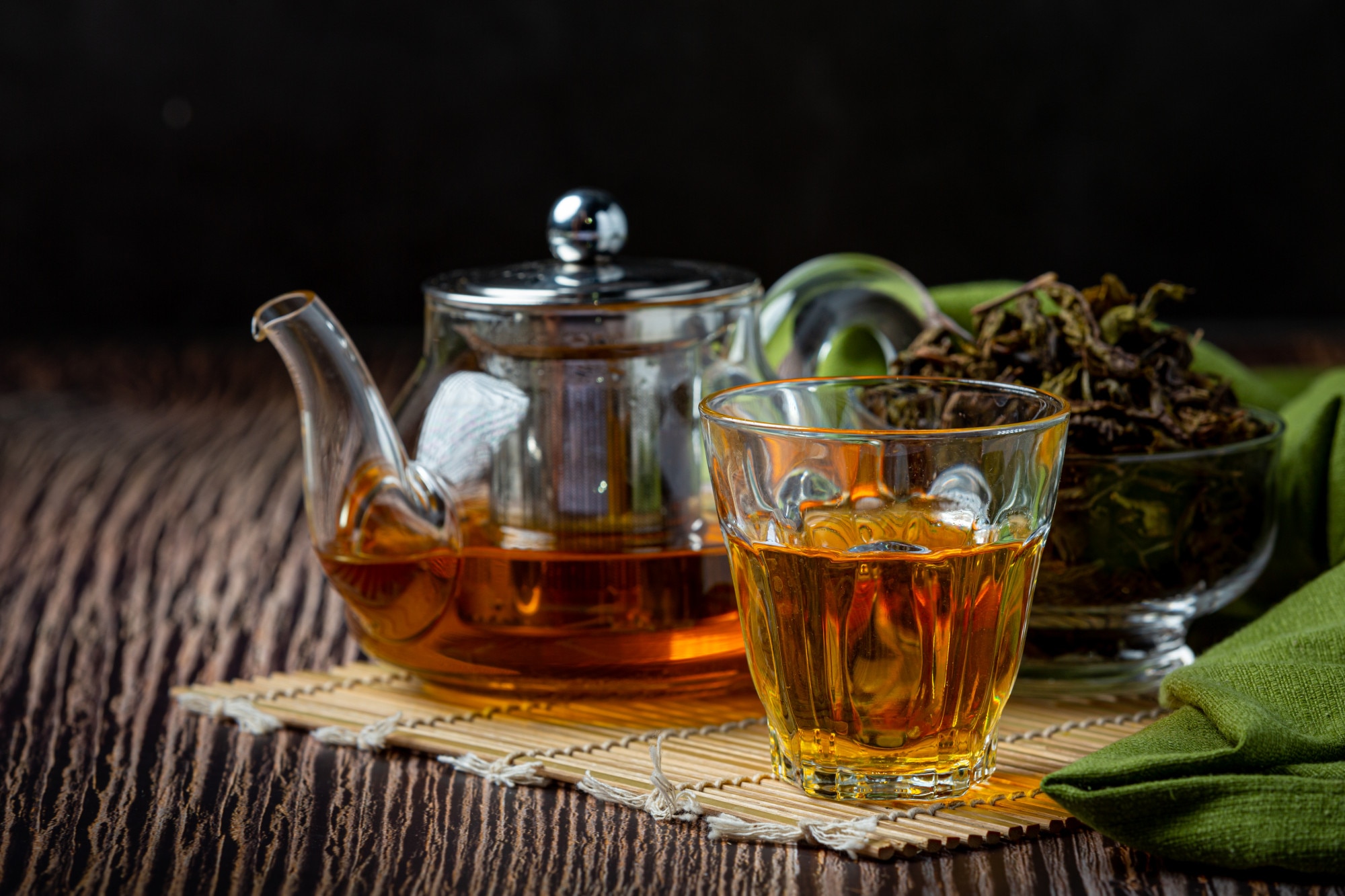 Do you brew your own tea? Photo Credits: Freepik
Do you brew your own tea? Photo Credits: Freepik
Let us be honest. Our cup of simple black tea has been ruined over the years with excessive addition of refined sugars and milk that is not ethically sourced.
The best way to consume it is by having a simple and plain cup of black tea, green tea, or oolong tea. Even if you are off lactose due to your treatment or have lactose intolerance, you can still enjoy your simple cup of chai in its simple form.
You can have one cup or go up to even three cups if it suits you. One tip is to never have tea immediately after your meal, whether you are having breakfast, lunch, or dinner. Keep a gap of 30 to 45 minutes because the tannins found in tea can block the absorption of iron from your food. I prefer keeping a gap of an hour.
Now I am a fan of getting a mixed variety of nutrition from this powerful beverage. Also, the more diverse your gut, the healthier it will be. So I like to drink a cup of black tea and do a green tea for the second round. It is up to you how you mix and match.
Have this simple beverage without any added sugar, jaggery, or honey. Don’t over brew your tea, it will make it bitter. Want to give it a flavor boost? Add fresh mint leaves or a slice of lemon to your black tea. You can squeeze in lemon juice, too.
Upcoming research also suggests that these teas don’t have to be hot. You can also reap the same health benefits by making iced green tea or black tea because either way, you will have to boil the leaves first to make the tea and then let it cool. On a hot summer day, enjoy your iced black, green, or oolong tea, but remember, no adding sugar or milk.
Check out this recipe for an excellent immunity-boosting concoction that leverages the power of these teas.
Immunity-boosting lemongrass tea
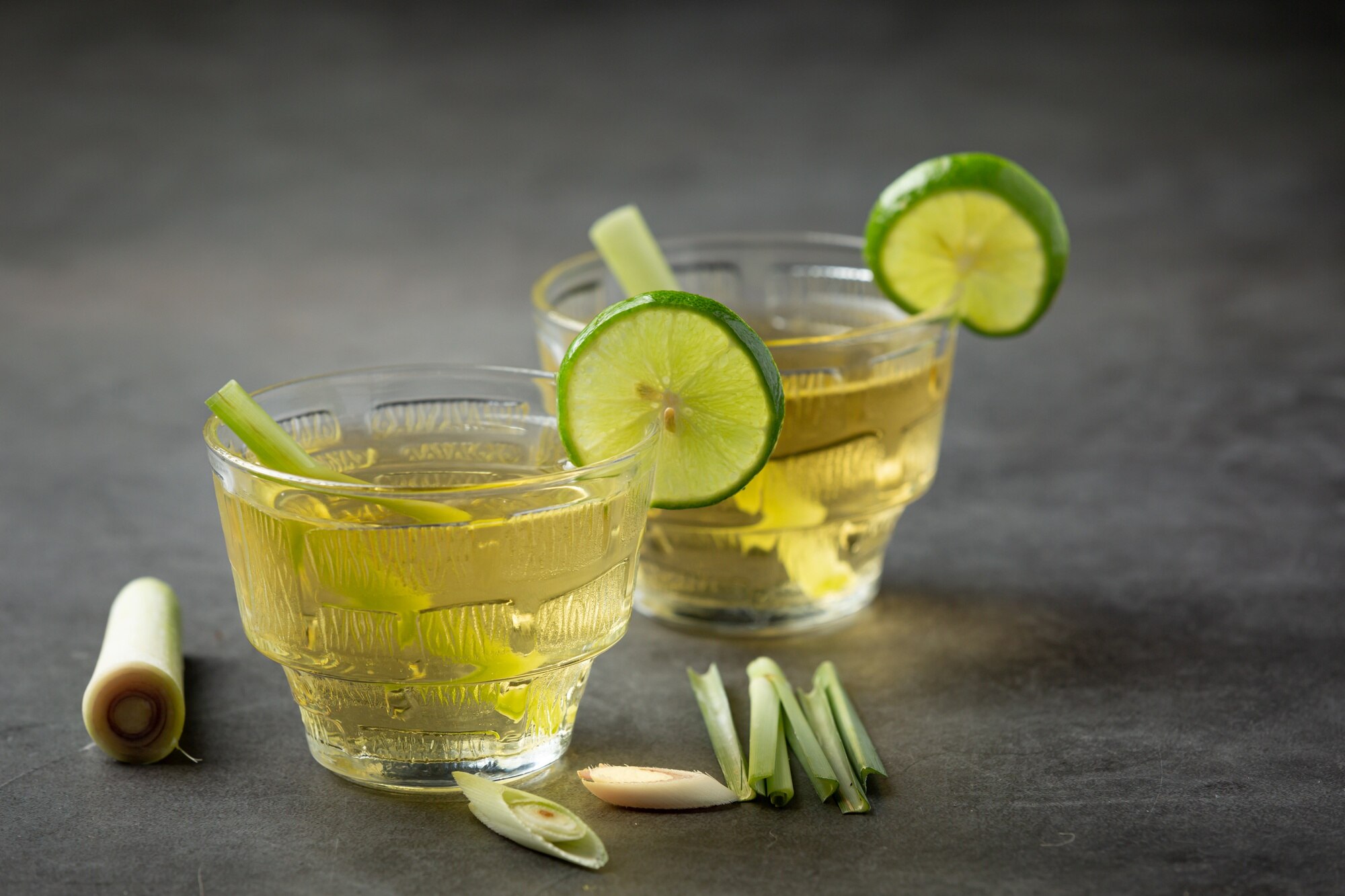 Lemongrass tea for representational purposes only. Photo Credit: Freepik
Lemongrass tea for representational purposes only. Photo Credit: Freepik
Ingredients
- 2 to 3 stalks of fresh or dried lemongrass
- 3 to 4 sprigs of peppermint
- 3 to 4 sprigs of thyme
- 1/4 tsp oregano
- A pinch of turmeric and pepper
- An inch of Sri Lankan rolled cinnamon (optional)
- A few strands of saffron and oolong/green/black tea
- 1/2 tsp of grated turmeric
- 1/2 tsp of grated ginger grated (optional)
Method :
- Boil all the ingredients in four cups of water. Reduce it to half and strain.
- Add a slice of lemon while serving.
Do you use teabags? Be careful.
Research reveals that a single tea bag can release 11.6 billion microplastics into your cup. So, be mindful of the quality of teabags. Muslin tea bags are gold. If you can’t find them, buy ethically-sourced loose leaves. Shop them here.
In conclusion
There is power in simplicity, science, and keeping the little traditions that our ancestors followed alive. The problem has never been tea and coffee, but our poor gut health, wrong quality ingredients, overconsumption, and faulty lifestyle. So instead of blaming food, we need to turn inward and have a hard and long look at our lifestyle.
If these teas suit you, great. If they don’t suit you, don’t sweat it. How do you like your tea? Let me know in the comments.
ALSO WATCH THIS:
|
From a pimple to cancer, our You Care Wellness Program helps you find a way Talk to our integrative team of experts today 18001020253 |

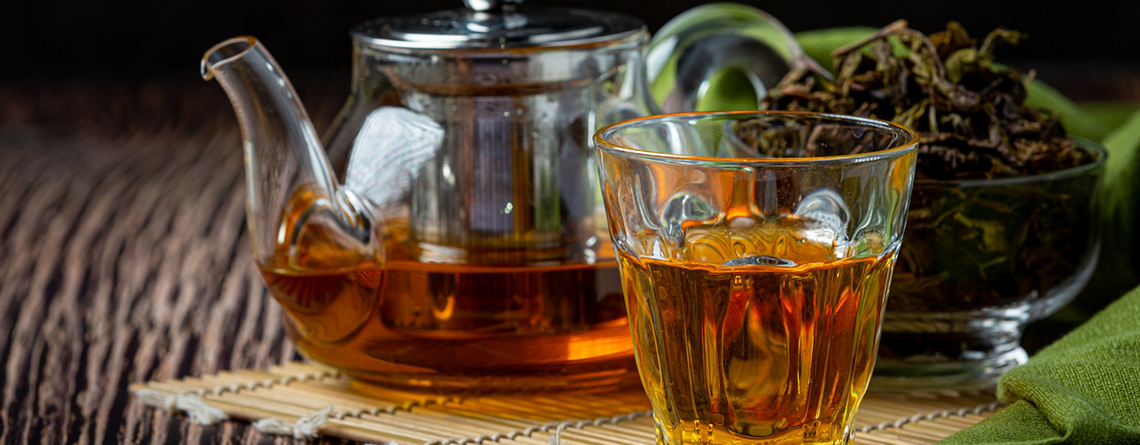

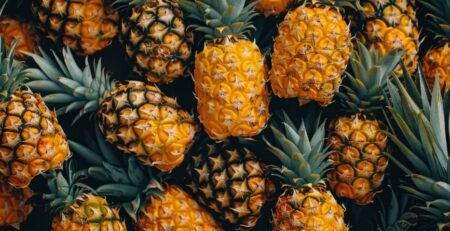
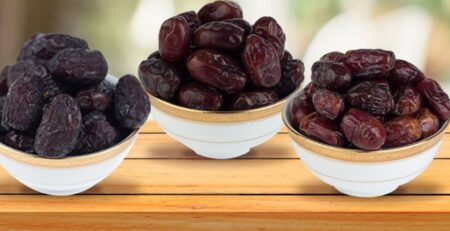

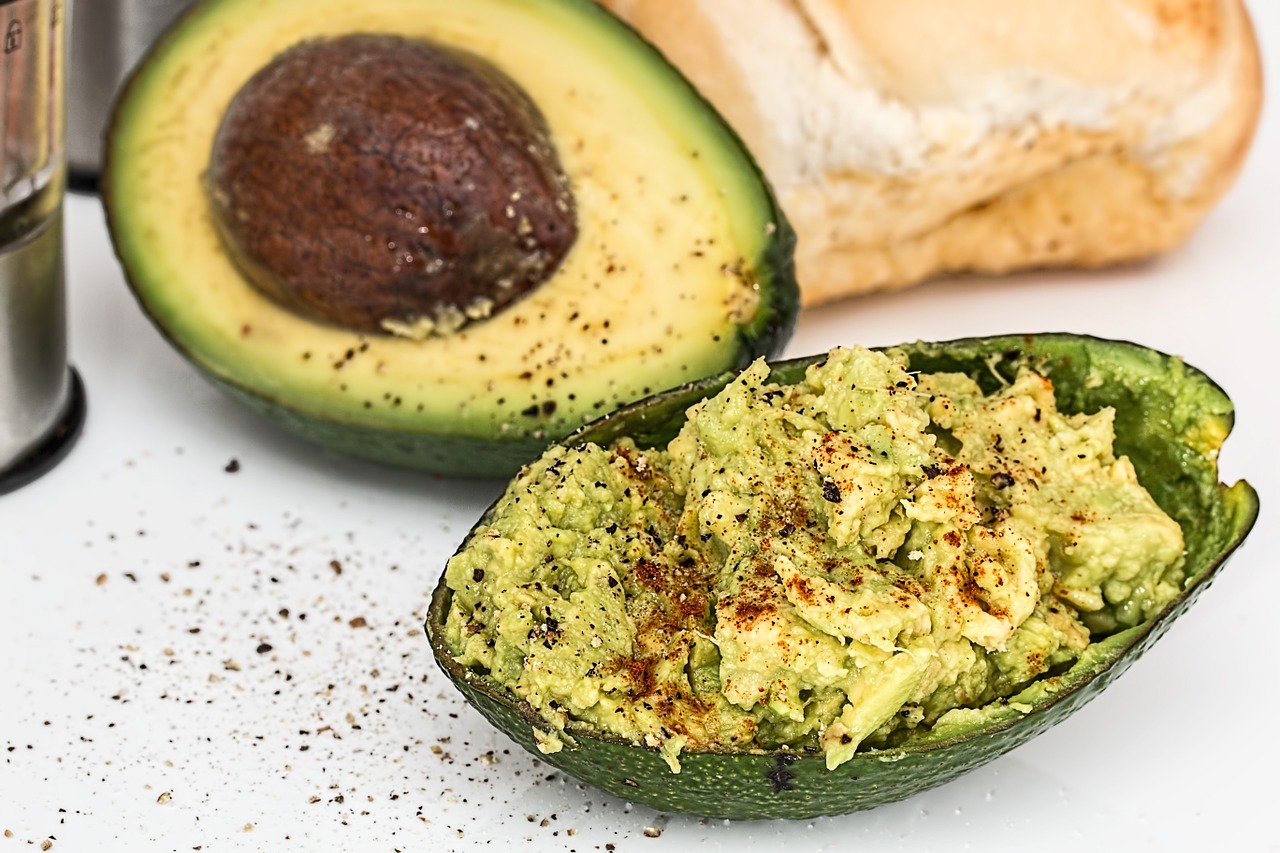

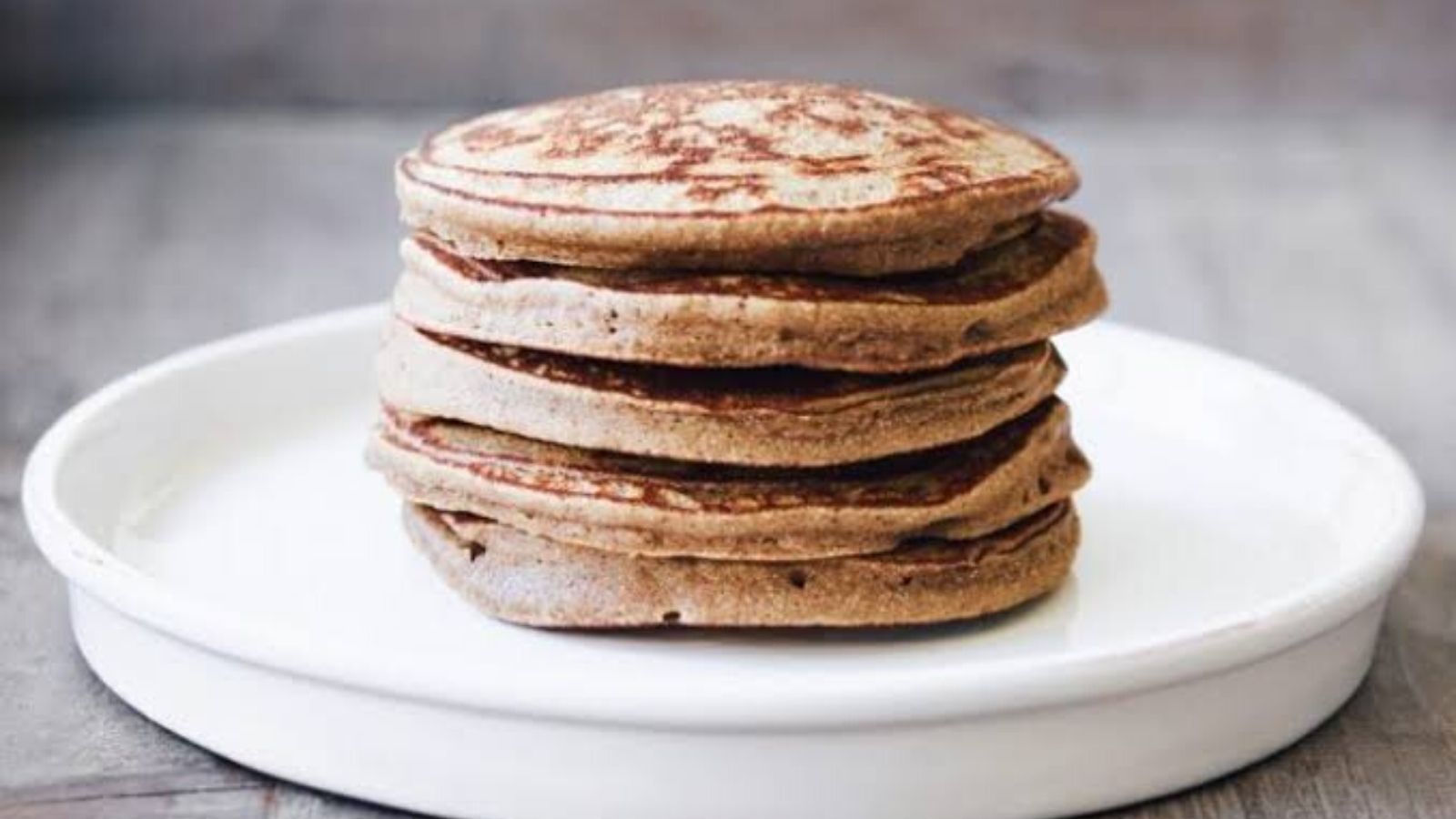
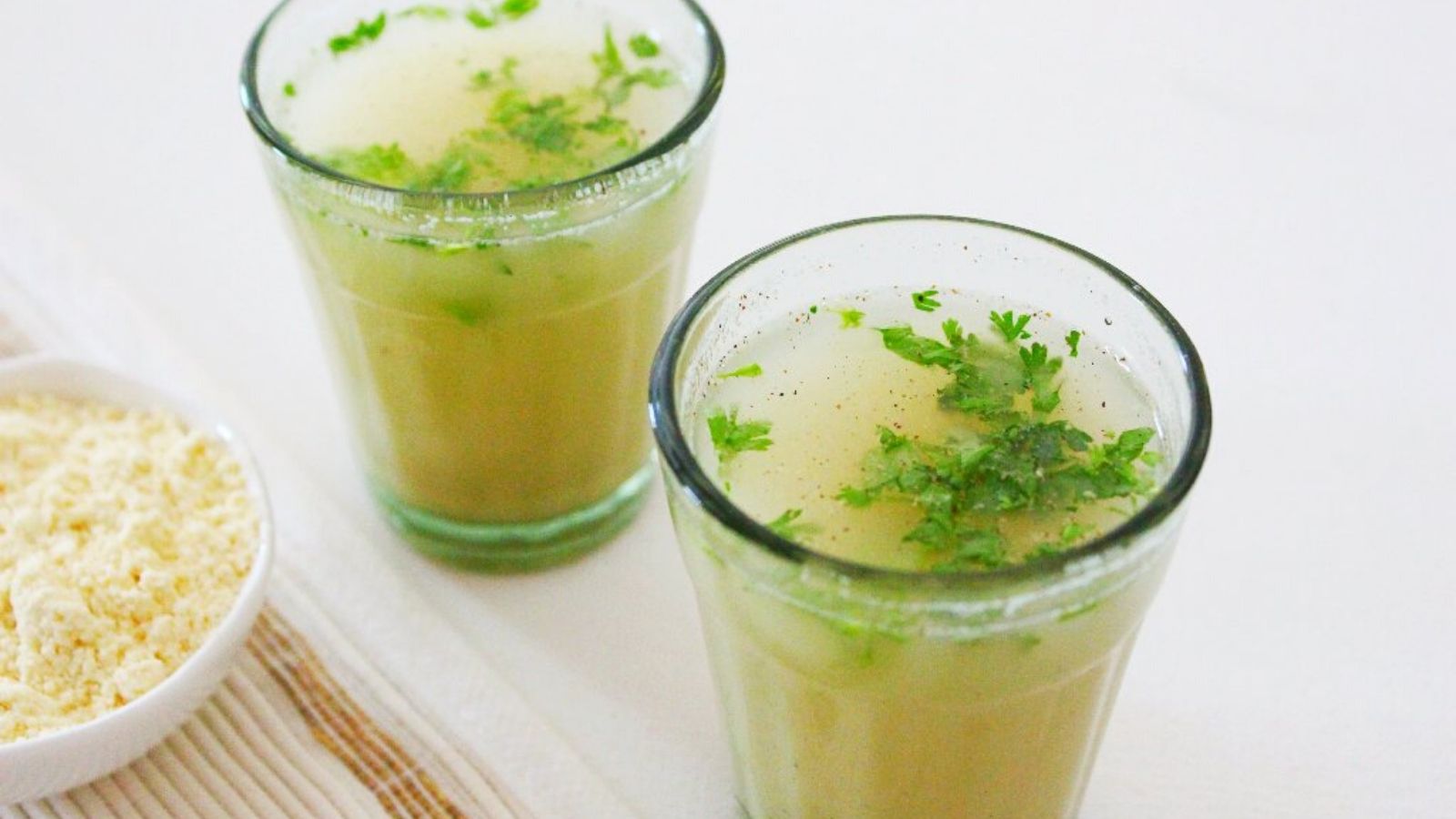
Comments (2)
Hi luke..read your article very carefully just one query do I need to boil my tea with the herbs or can I just add the tea leaves at a later stage and cover it for brewing for 3 to 5 minutes
Hi Neelam, Either way works fine 🙂